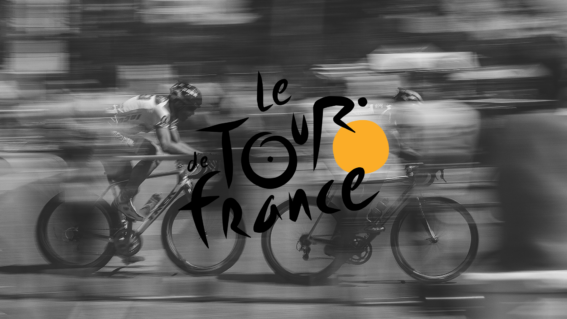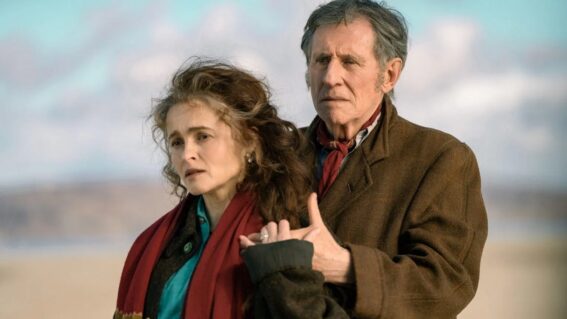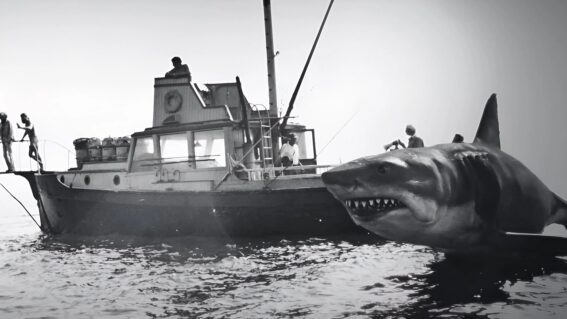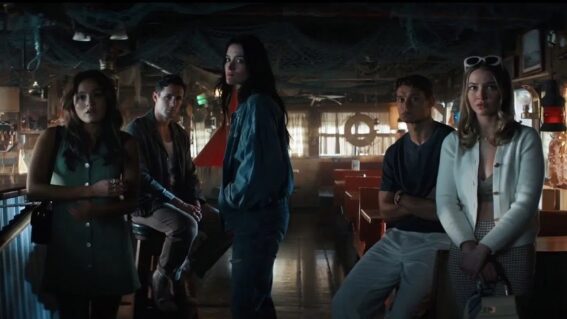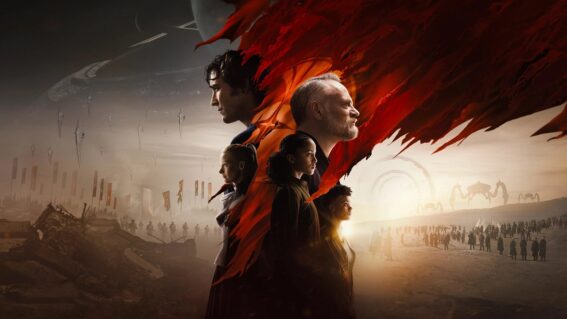10 films to catch at Māoriland Film Festival 2025
Native peoples. Global films. That’s the motto of Māoriland Film Festival, which returns to Ōtaki this year from 26 to 30 March.
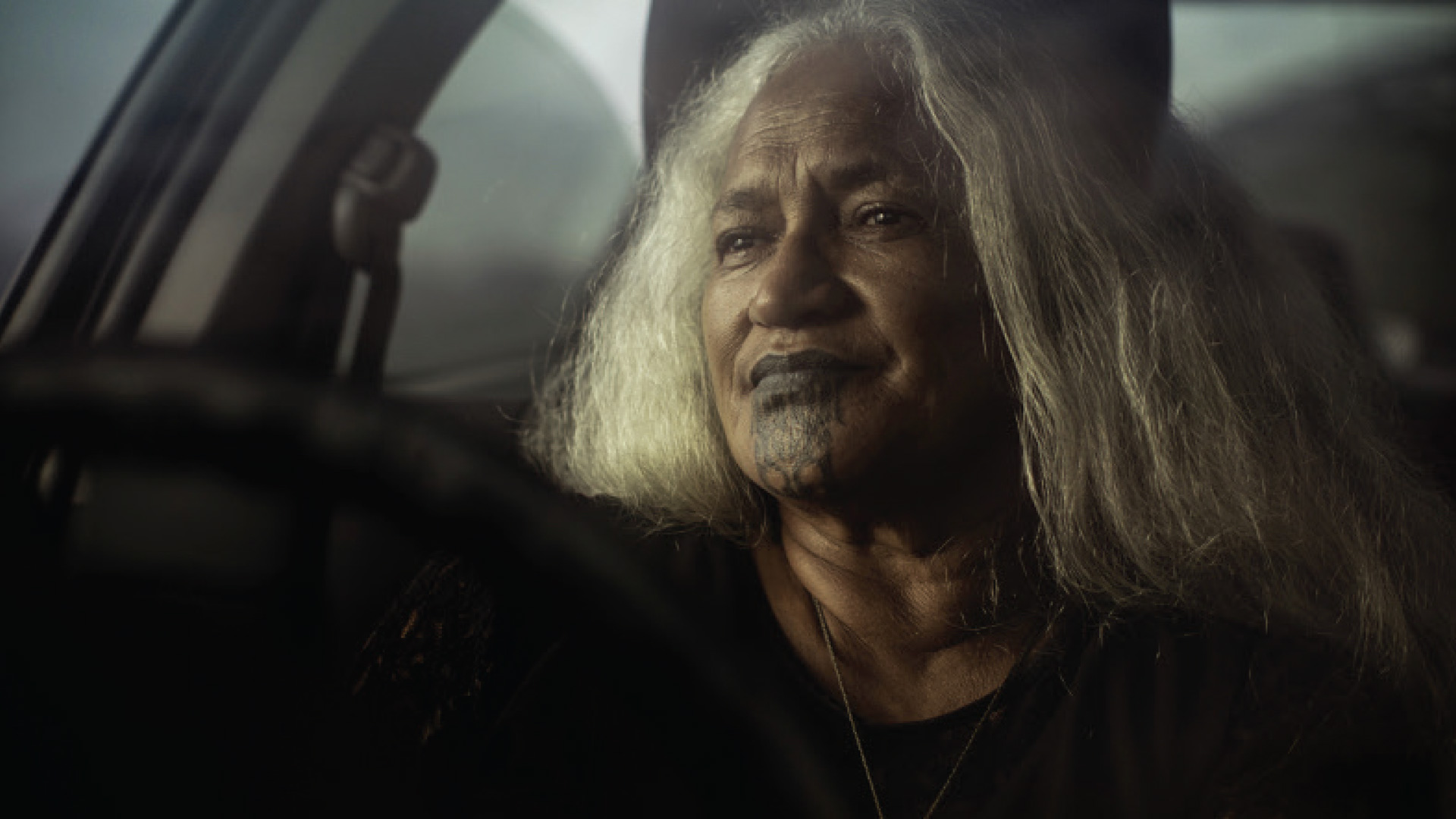
Indigenous film festival Māoriland returns to the mighty Ōtaki 26-30 March. Get a taste of what’s on offer.
Native peoples. Global films. That’s the motto of Māoriland Film Festival, which returns to Ōtaki this year from 26 to 30 March sporting another mighty line-up of feature films, documentaries, short film compilations, art installations, special events, a tech creative hub, industry wānanga and networking, and more.
It’s an absolutely massive programme. Check it out for yourself (and grab tickets).
But let’s stick to the films, of which there are plenty: 21 features and 104 shorts (compiled into 13 programs) with 86 Indigenous nations represented across 27 countries.
Here are but 10 feature film highlights from this year’s Māoriland Film Festival:
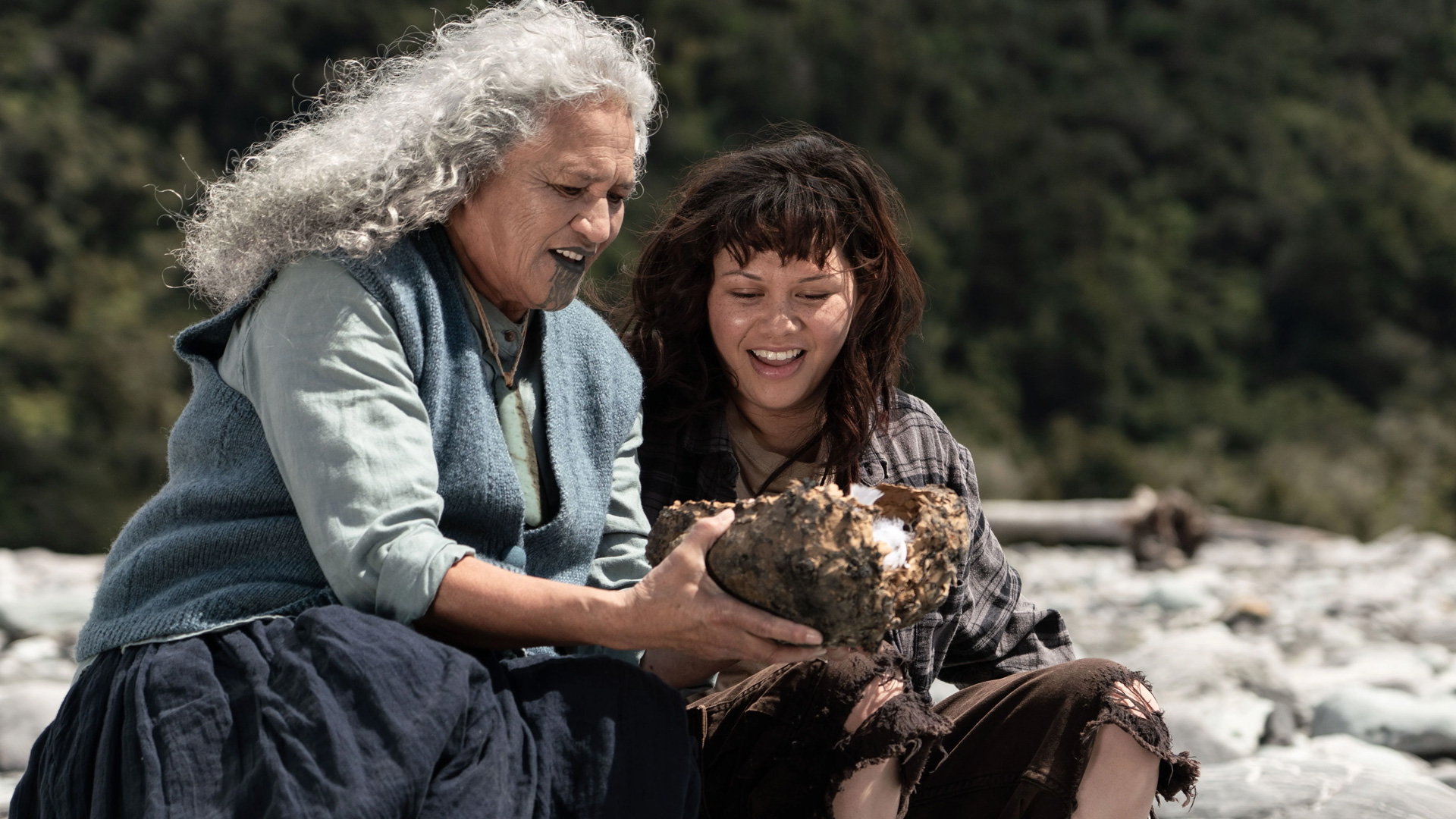
Kōkā
The opening night film of the festival, writer-director Kath Akuhata-Brown’s feature debut is a tale of connection and redemption. Hamo, a Māori elder, takes Jo, a local delinquent, under her wing for one fateful road trip that will see the pair confront past traumas and personal demons as they travel towards healing, community and reconciliation.
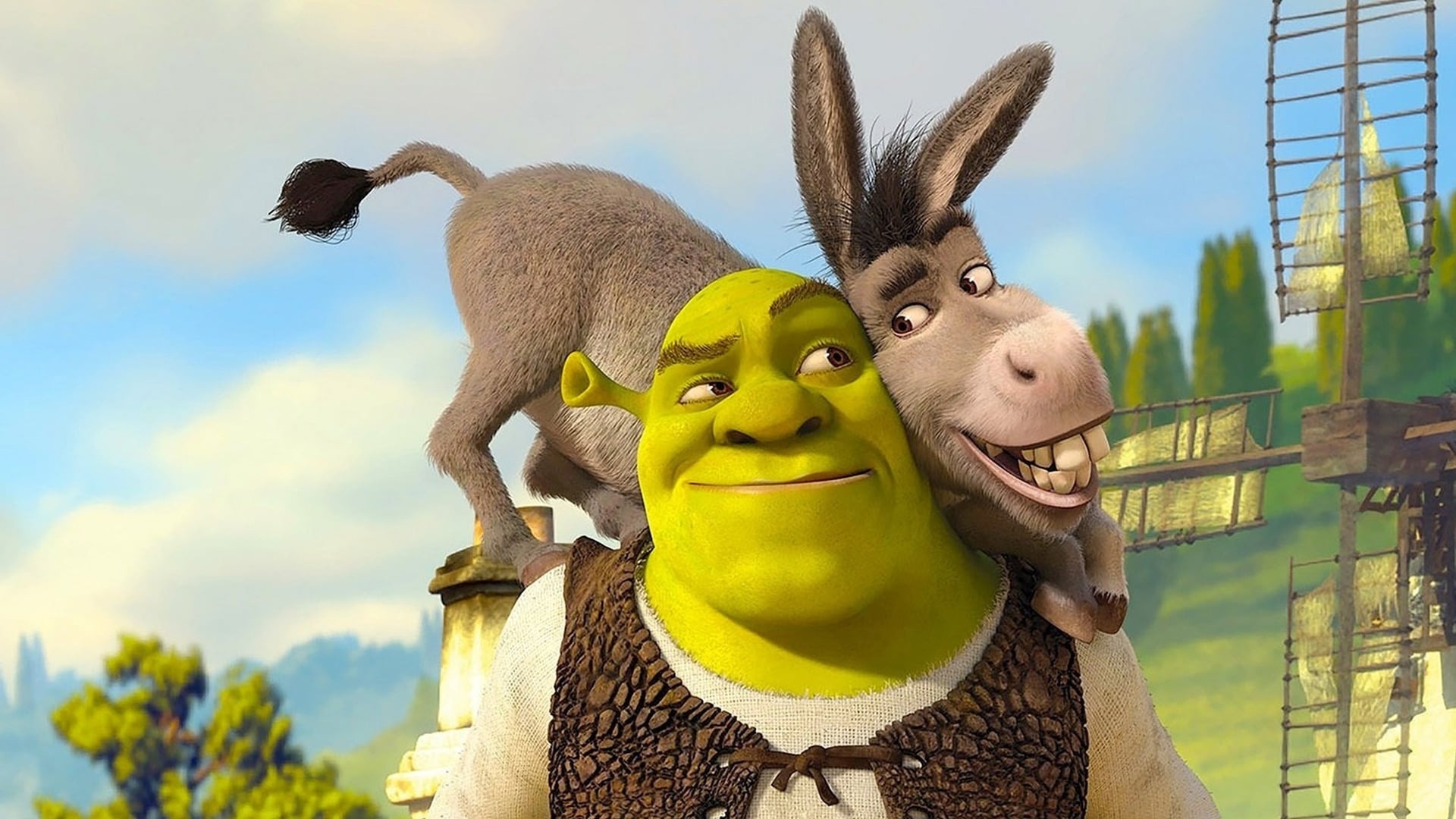
Shrek: Kātahi Te Korokē
With the strange backlash drummed up by the first Shrek 5 teaser, there is perhaps no better time to release a te reo Māori take on the 2001 DreamWorks classic. A collaboration between Māoriland Productions and DreamWorks Animation, the World Premiere of Shrek: Kātahi Te Korokē will be attended by the Māori cast DreamWorks representatives.
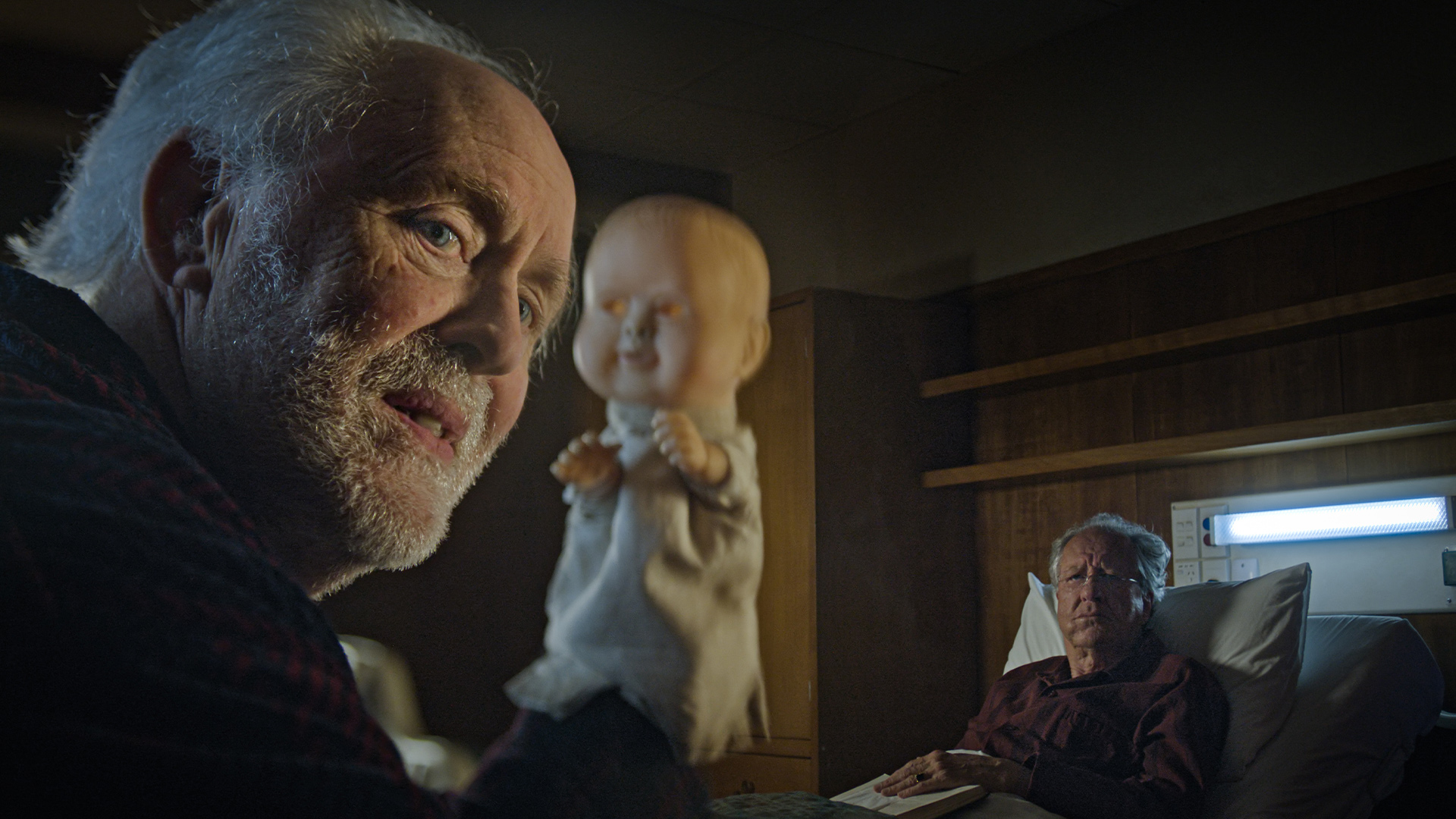
The Rule of Jenny Pen
Writer-director James Ashcroft follows up his terrifically bleak Coming Home in the Dark with a more cheekily grim Aotearoa thriller. Another adaptation of an Owen Marshall short story, the film stars Geoffrey Rush as a reluctant rest home resident trying to heal from a stroke all the while being tormented by John Lithgow’s lunatic wielding a hollow-eyed baby puppet named Jenny Pen.
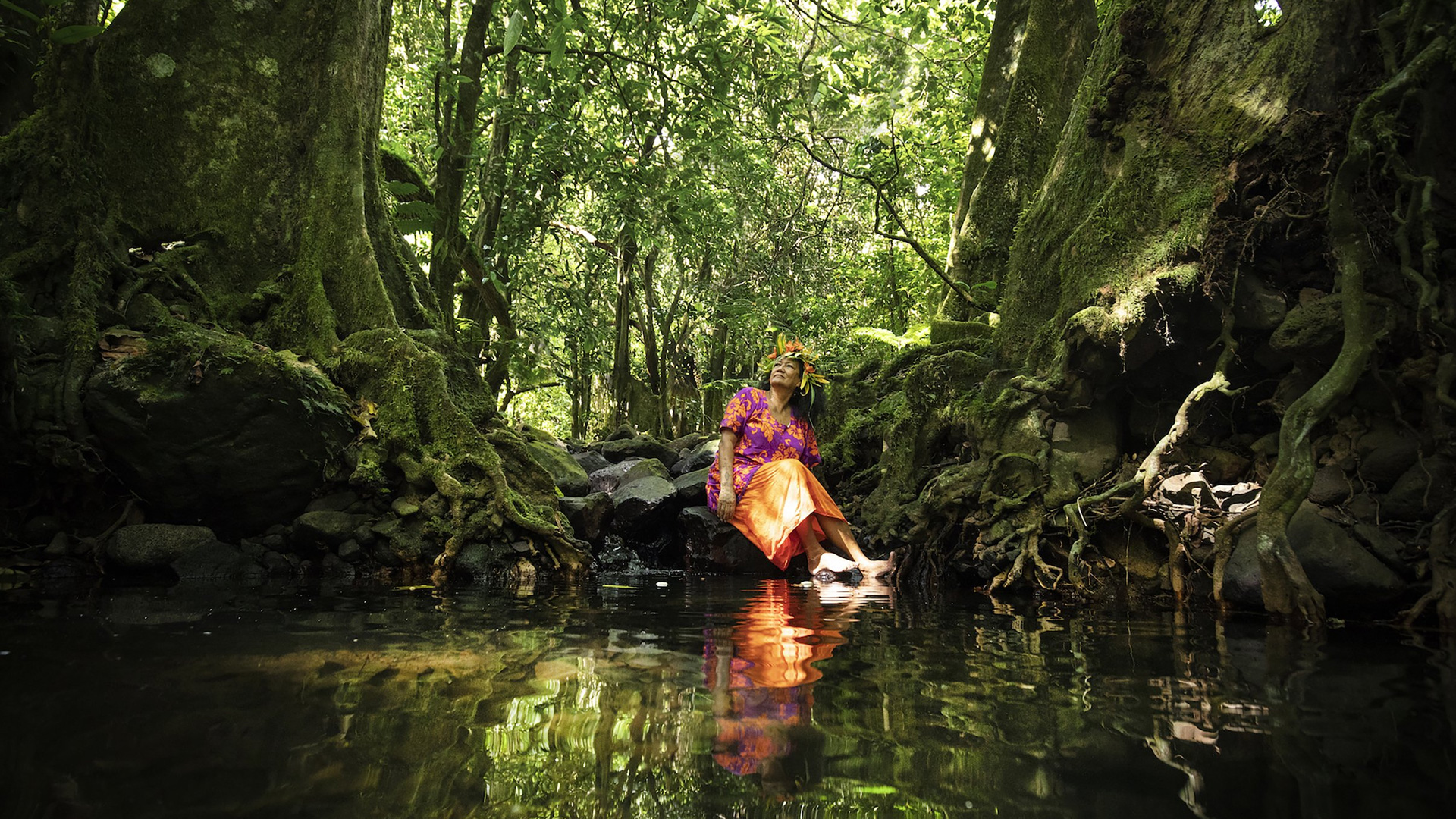
Te Puna Ora – The Source of Life
Closing the festival is Virginie Tetoofa’s documentary on three Tahitian women protecting their island home of Mo’orea from the threat of privatization. With the film taking inspiration from the legend of Goddess Hina, Tetoofa tells this trio’s tale—one that touches on ills of colonisation, unsustainable development, and the exploitation of the land and seas.
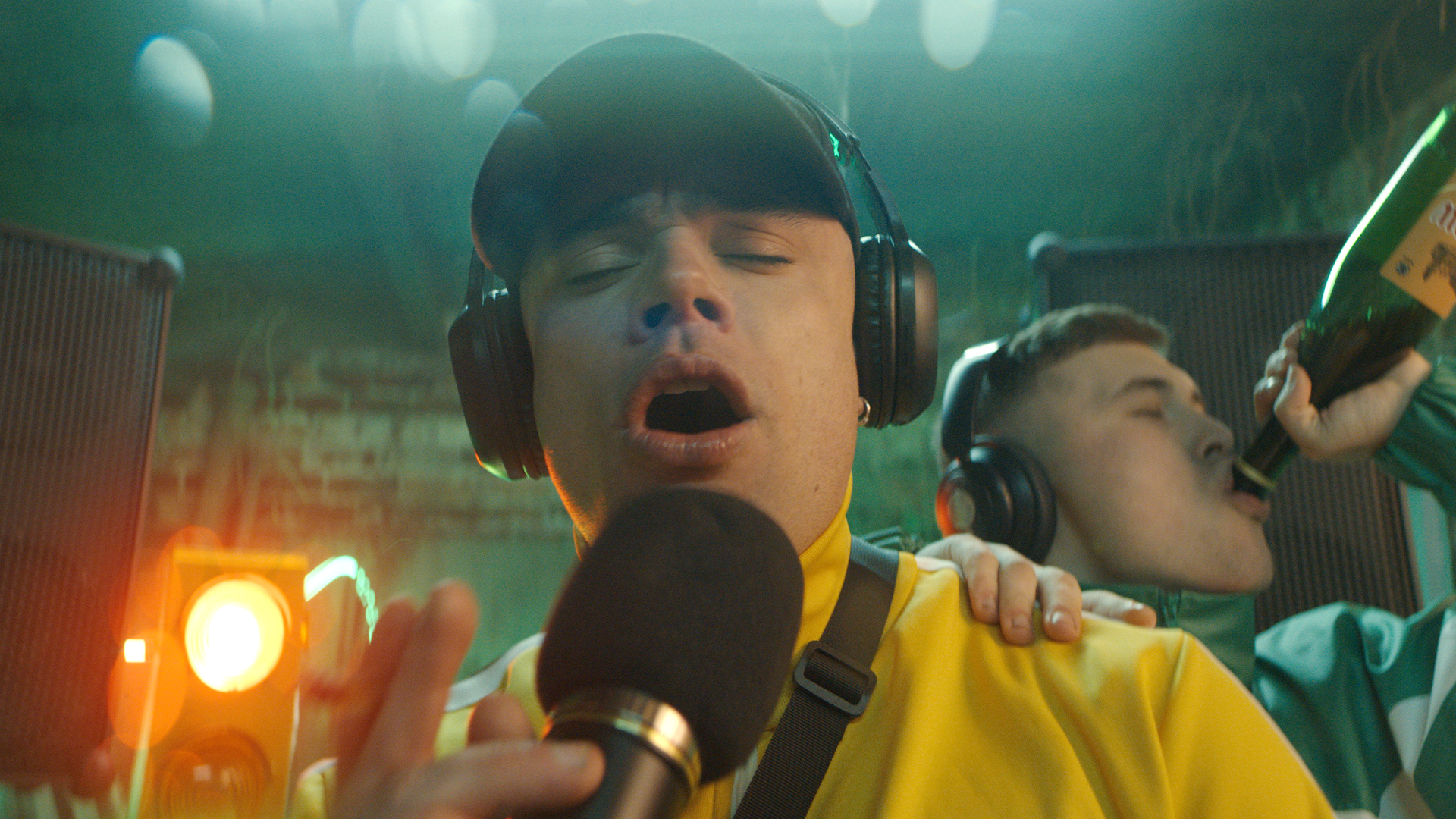
Kneecap
Hip hop trio Kneecap star in their own biopic charting their rebellious rise to fame which involves a hearty dose of reviving the Irish language, which was almost eradicated through British colonisation. “Rural areas have spoken Irish for a long time, but we’re seeing it resonate with people in the cities a lot more now,” Móglaí Bap told us last year. “That’s a core element of the movie, identity.”
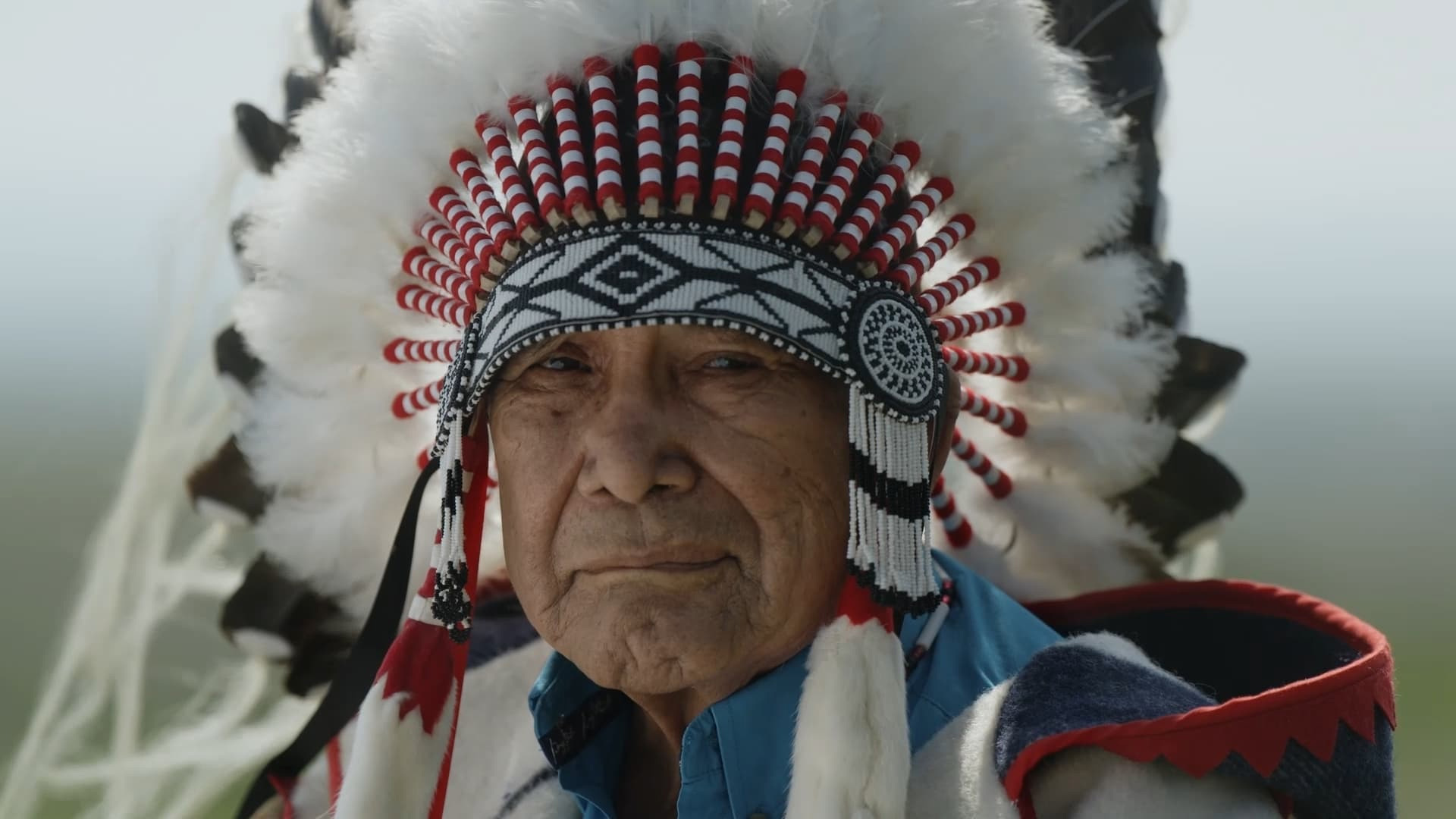
Red Fever
Cree man Neil Diamond asks: “Why do they love us so much?” Co-directing this documentary with Catherine Bainbridge, Diamond explores this question by examining the Indigenous influence on Western culture and the stereotypical imagery of Native Americans that has dominated pop culture.

Seeds
This comedic, high-energy thriller follows a thirtysomething Kahnawake Mohawk woman whose career as an influencer seems to have finally kicked off. However, the company she’s signed on with, Nature’s Oath, seem more than a little bit sketchy, and when a violent man attempts to steal his aunt’s treasured seeds, she takes arms to protect her people’s land and legacy.
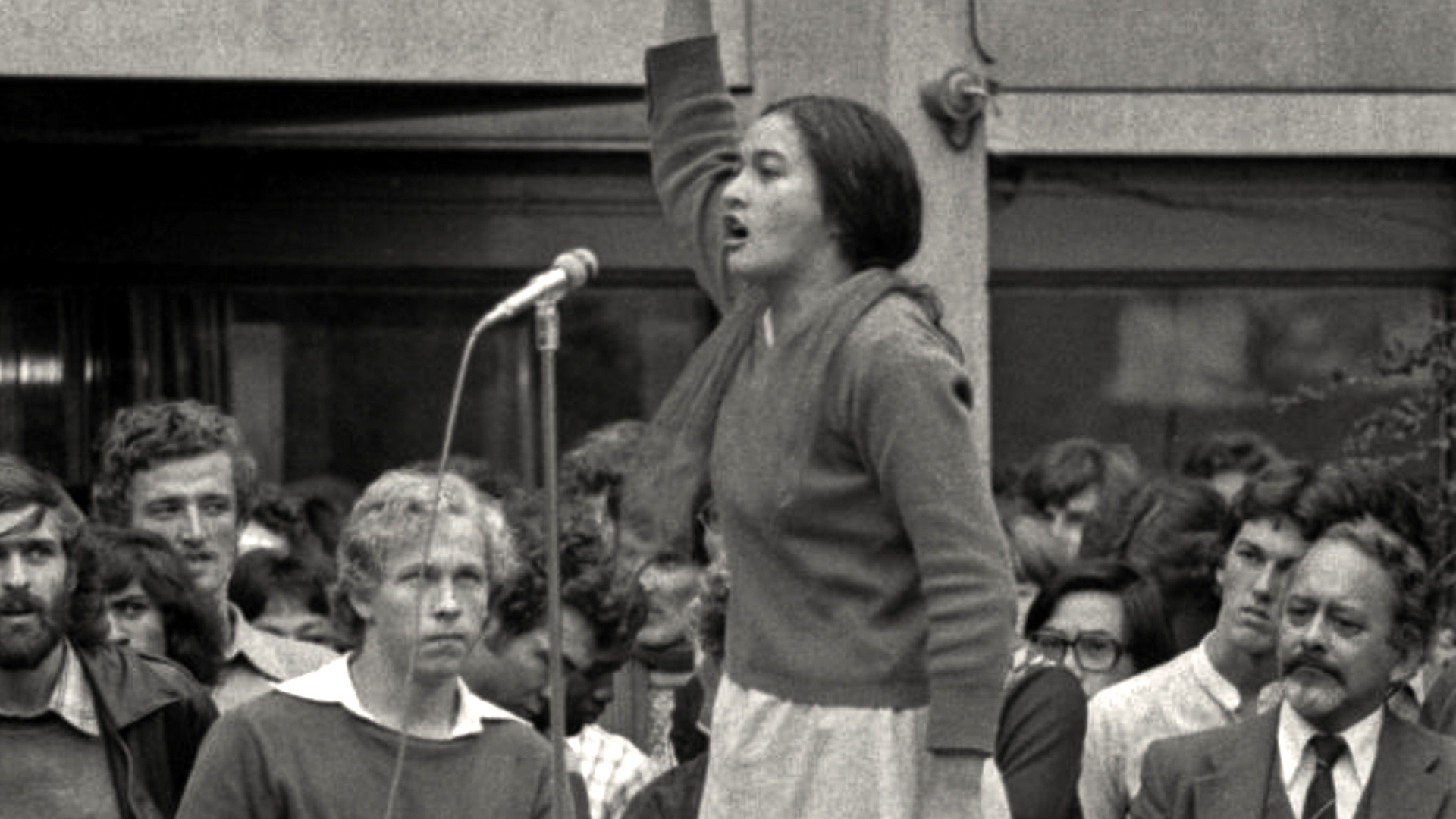
The Haka Party Incident
Premiering at last year’s Whānau Mārama, director Katie Wolfe’s film examines a three-minute clash in 1979 between young Māori and Pasifika activists and University of Auckland engineering students who participated in an annual ‘mock’ haka. “The story is from the horse’s mouth,” Wolfe told Flicks. “It’s the people who were there in the room. It’s not opinion. It’s not academics analysing it. It’s those that were in the room that day, telling their side of the story.”

Sugarcane
Nominated for Best Documentary Feature at this year’s Academy Awards as well as the Grand Jury Prize (Documentary) at last year’s Sundance, filmmakers Emily Kassie and Julian Brave NoiseCat trace an investigation into abuse and missing children at an Indian residential school—one that ignites a reckoning on the nearby Sugarcane Reserve.
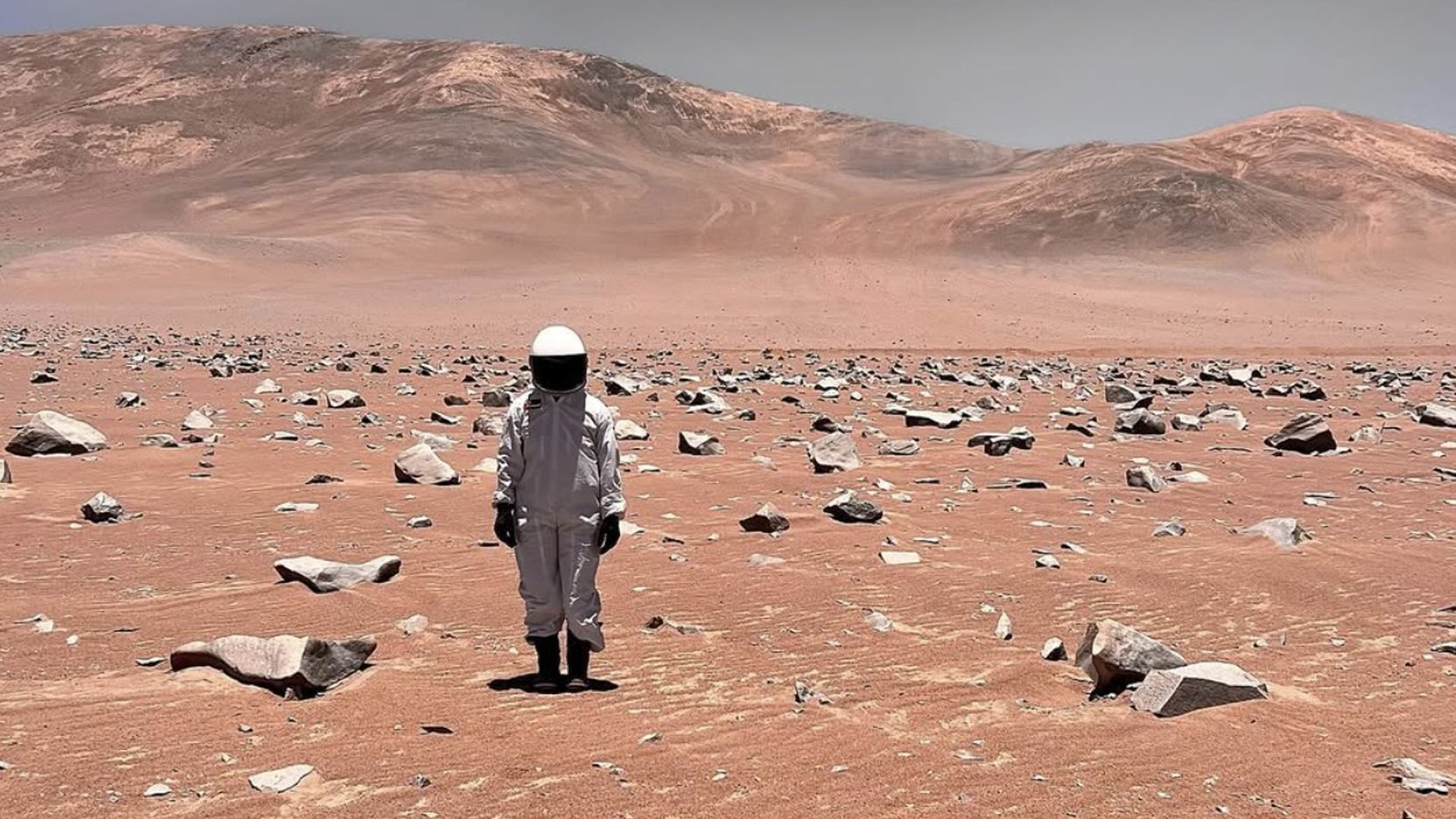
Cosmografias
Ten years on from Nightfall on GAiA, director Juan Francisco Salazar delivers another hybrid film—a 93-minute mixture of doco poetry, observation, speculative fiction, Indigenous futurism, and Indigiqueer perspectives—that pairs current tales of resistance in the Atacama Desert with a future tale set in 2051 centred on a Māori astrobiologist.





